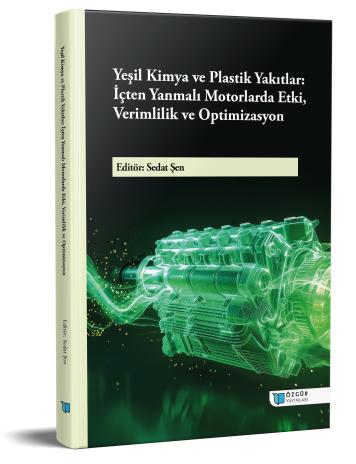
Environmental and Health Effects of Plastic Fuels: Optimization Solutions for Sports and Occupational Safety
Chapter from the book:
Şen,
S.
(ed.)
2025.
Green Chemistry and Plastic-Derived Fuels: Impact, Efficiency, and Optimization in Internal Combustion Engines.
Synopsis
This study examines the environmental and health effects of fuels derived from plastic waste and presents optimization solutions for safe use in sports facilities and industrial environments. Plastic fuels produced through thermochemical processes such as pyrolysis, gasification, and depolymerization are gaining importance as waste management and alternative energy sources. However, dioxins, furans, heavy metals, and particulate matter released during the production and use of these fuels pose serious risks to both the environment and human health. The study details optimization solutions such as ventilation systems, emission control technologies, and hybrid energy solutions for sports facilities, as well as personal protective equipment, exposure limits, and automation systems for industrial environments. Sustainable alternatives such as fuels derived from bioplastics, high-efficiency catalytic conversion, and circular economy approaches are evaluated. In conclusion, the study recommends monitoring technological innovations, compliance with legal regulations, and implementing awareness-raising policies for the safe and sustainable use of plastic fuels.

